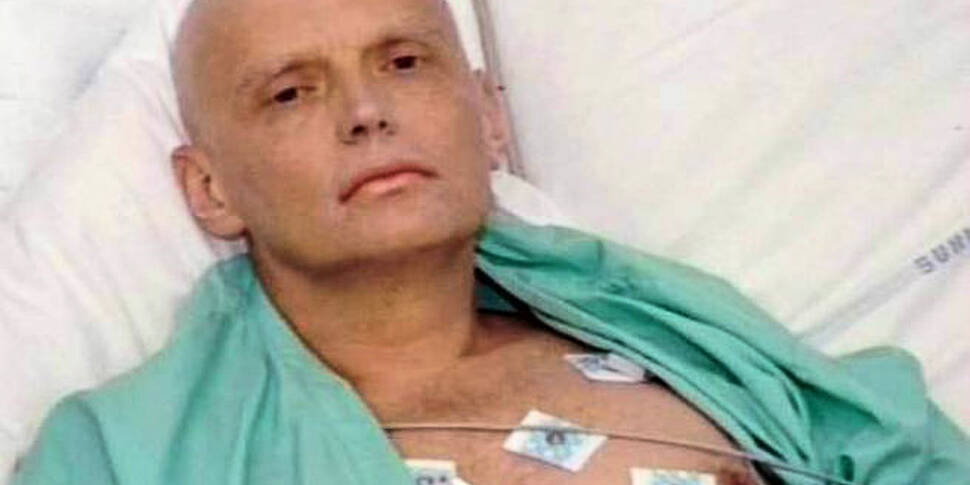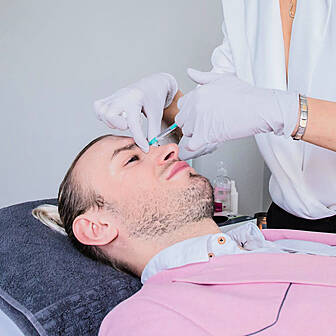Coroner Sir Robert Owen suspended the current inquest into Alexander Litvinenko's death before opening the inquiry, which was announced by Home Secretary Theresa May last week.
It will allow investigators to probe whether Moscow was behind the former KGB officer's murder, and comes at a time of worsening relations between the UK and Russia.
Mr Litvinenko was poisoned with radioactive polonium-210 while drinking tea with two Russian men, one a former KGB officer, at the Millennium Hotel in London's Grosvenor Square.
He died on 23rd of November 2006, several weeks after falling ill with radiation poisoning.
His family believes he was working for MI6 at the time and was killed on the orders of the Kremlin.
Former KGB bodyguard Andrei Lugovoi and Dmitri Kovtun have been identified as suspects, but both deny any involvement and remain in Russia.
Sir Robert said the Crown Prosecution Service (CPS) wanted to prosecute the pair for murder, but extradition was refused.
He said there is a "prima facie case" that the Russian state was responsible for Mr Litvinenko's death.
The first evidence is due to be heard in January next year.
The Government previously resisted launching a public inquiry, and instead said it would "wait and see" what a judge-led inquest found.
But Mr Litvinenko's widow, Marina, challenged this and the High Court said the Home Secretary must reconsider her decision.
British Ministers have been under pressure to hold a public inquiry since last year when Sir Robert said he could not hold a "fair and fearless" investigation with an inquest.
The aim of the inquiry is "to conduct an investigation into the death of Alexander Litvinenko in order to ascertain who the deceased was; how, when and where he came by his death; identify where responsibility for the death lies and make appropriate recommendations".









